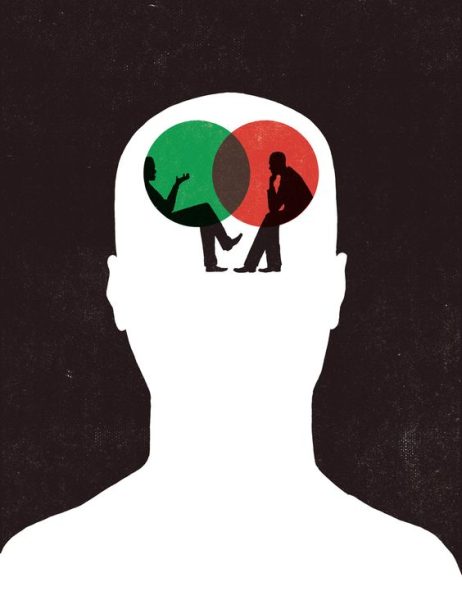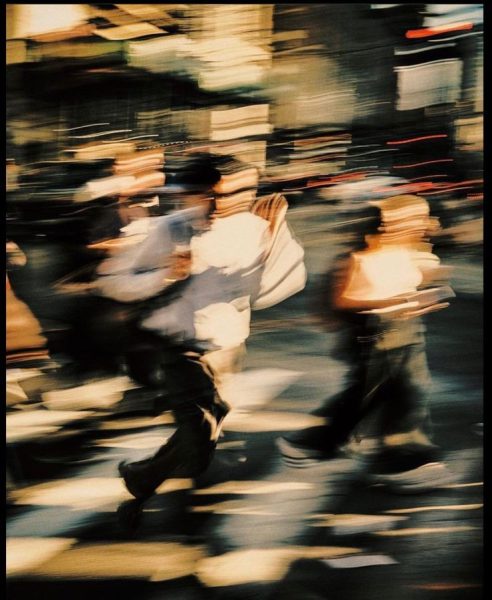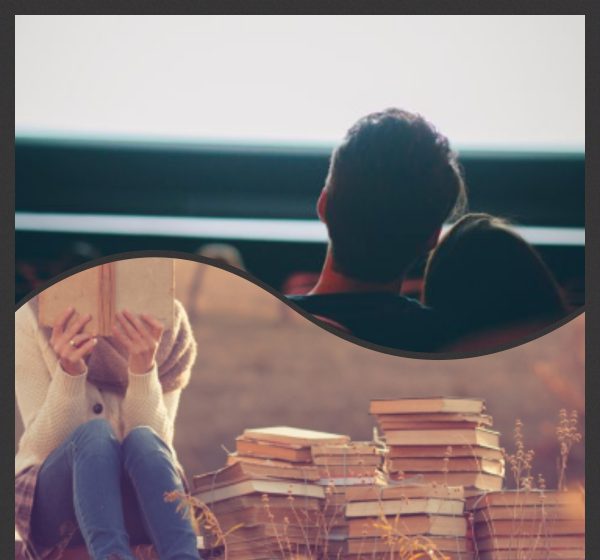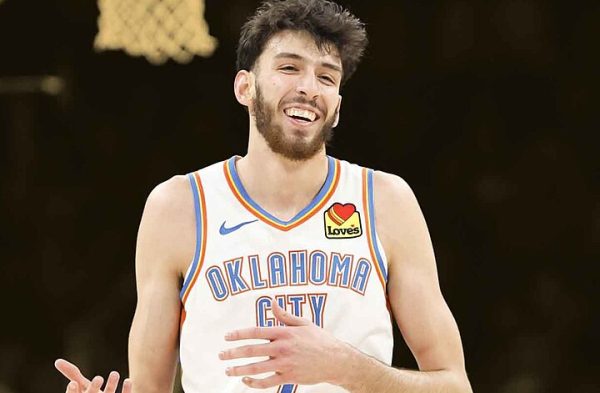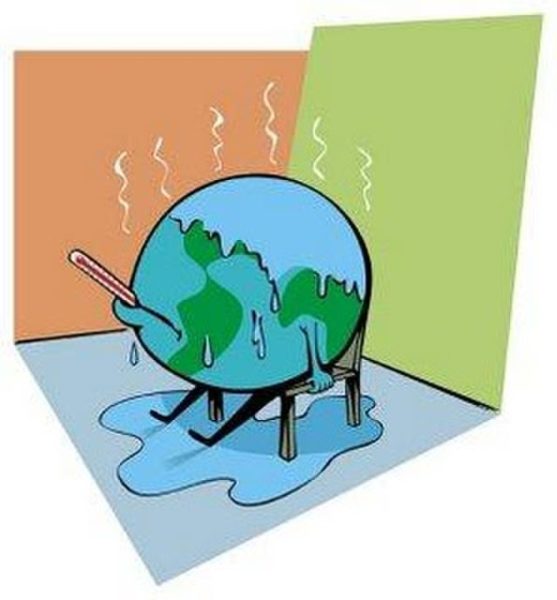Books vs movies: Which is greater?
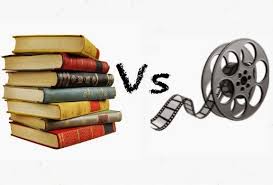
February 20, 2021
“Shhhh, the movie is starting.” Fresh popcorn, dim lights, loud speakers, and great company all set the stage for a movie night. Beside the couch sits the book that kick-started the idea of a movie, and people sit around anxiously awaiting to see how similar the movie is to the book. After reading a good book, I know that I enjoy watching the movie based off of it and analyzing the scenes as to how they are different or the same. Typically, though, I am utterly disappointed with the movie because the directors feel the need to tremendously change the movie. Sure, the movie is still very enjoyable, but I can’t help but feel a slight annoyance as to how different it really is.
When reading a book, I am able to picture the scenes in my head–pulling from my imagination to create the scene that is portrayed through descriptions. When a movie is made based off of the book, it is typically a letdown because everyone’s imagination is different and will entitle them to seeing certain scenes or people differently. So instead of seeing the lush green forest that I envision/that is described, the directors might change it to a desolate plain because it is more dramatic for the viewer. This, in turn, can cause bookworms like myself–who want the movie to be an exact replica of the book– to be a bit frustrated.
Another reason why the book is better than the movie is because sometimes the plot gets lost in the movie because the director gets too caught up in the action part of the book as opposed to making a clear exposition and resolution. This can cause me to get slightly annoyed here as well because key details could be left out. For example, instead of having a car accident (portrayed in the book) play an important role in the plot, they would instead add a different situation like maybe a plane crash or bike accident. Even though the changes are small and, as some may say, “insignificant,” it still distorts the plot and possibly changes emotional reactions. The directors goal when replicating a book in a movie is to entice viewers with what they think is a good idea to add–not what the book has written in it.
A third reason why the book is better than the movie is because of the cast. Sometimes, the movie production company only has enough of a budget for middle-class actors, which can cause viewers to turn their heads because of the not-so- skilled actors that are playing the role. Ultimately, when reading the book, everything is fluent. But, when watching the movie, it all depends on the actors’ abilities, which can sometimes really hinder the effect of the movie and captivation it has on the audience. In the end, this leads to the books being better created than the movies.
Now, I’m not saying that the book will always be better than the movie, but most of the time it is. The book allows readers to imagine different things and broaden their horizon of imaginative skills whereas when you watch the movie, no imagination is necessary at all. So overall, the book is better than the movie because of its engaging style, original ideas, and its honest sense of enjoyment. However, if the movie were to start to follow along with more of the book and stick to the plot that was created, it would be much more enjoyable to watch. If the directors were to stick with what was put in the book, a lot more of the book readers would enjoy it because they are getting to watch on a screen everything that they read about. That would ultimately entice many more people to view the movies and possibly even read the book (if they hadn’t already). Maybe even if they stuck with what the book said, they would alter the opinion on books being better than the movies. Until then, though, the books are definitely better than the movies.



